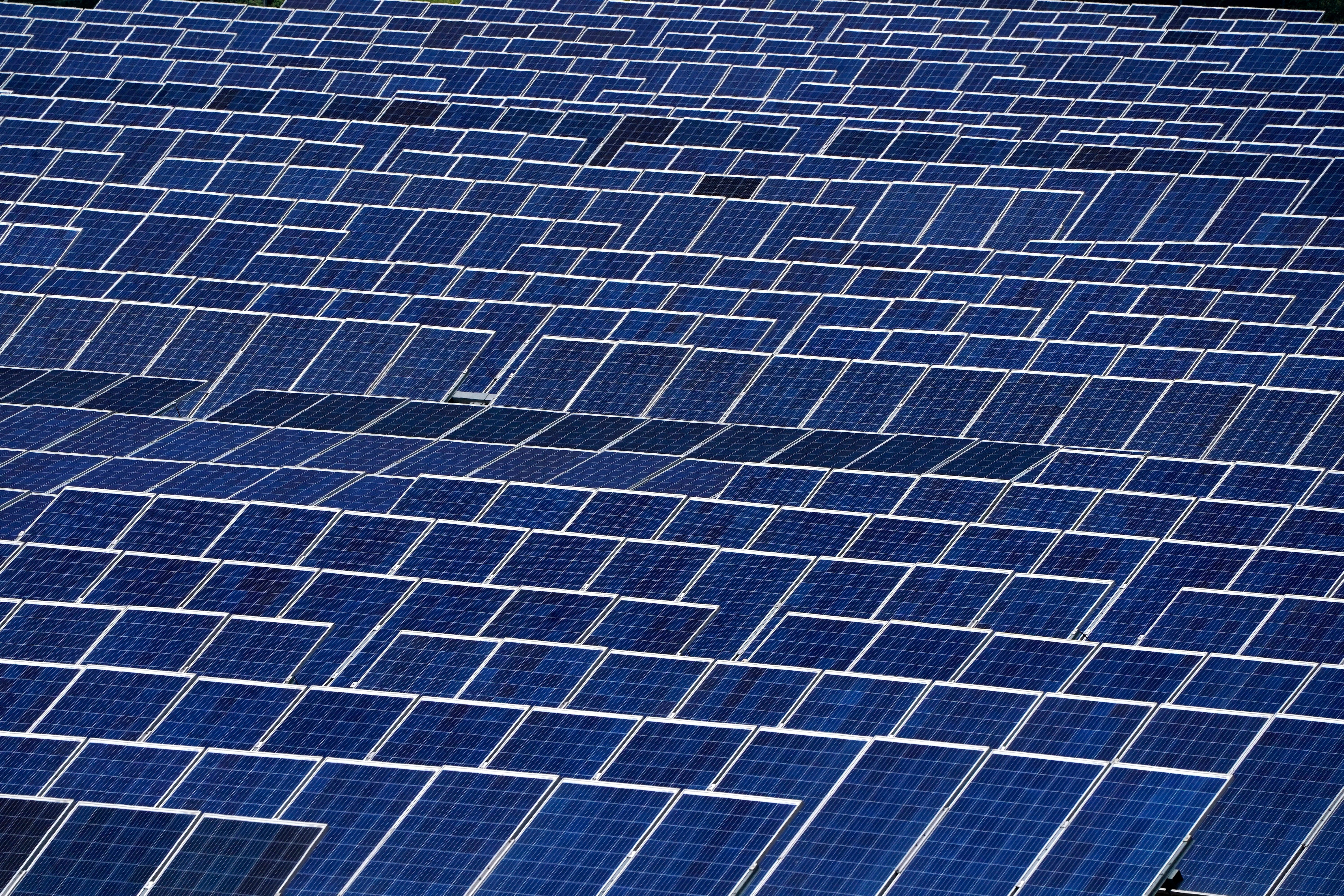Green investment bank to aid low-carbon industries

A new green investment bank was unveiled today in a bid to stimulate billions of pounds of private finance for low-carbon industries such as offshore wind farms.
Chancellor Alistair Darling said the new bank would control £2 billion in assets and "unlock billions more" from the private sector for green energy and transport development.
Investment will focus in particular towards offshore wind energy "where Britain is already the world leader" he said, with £60 million going to develop ports which will be the site of turbine manufacturing.
Half the £2 billion would be raised from the sale of assets including the Channel Tunnel rail link, while the other half will come from private investment.
In setting up the green bank, the Chancellor was responding to calls from the renewable energy industry and environmental campaigners to provide Government support for private investment in the development of low-carbon industries.
They believe that Government-backed investment will encourage companies to put their money into wind farms and other renewables, energy efficiency technology and electric vehicles - providing jobs and cutting emissions.
The Conservative Party last year outlined its plans to roll up different sources of Government funding for the low-carbon sector into a single green investment bank to leverage private sector finance and fund new green start-up businesses.
Friends of the Earth's executive director Andy Atkins hailed the announcement as "fantastic news", and said the bank should be a crucial building block in creating a safe, clean and prosperous future.
"This Bank will provide crucial funds for major green developments, such as off-shore wind projects, which will slash emissions, increase our energy security and create thousands of new jobs," he said.
"We must do much more to build a low carbon economy - but today's announcement is a massive stride in the right direction."
Environmental investment group Climate Change Capital (CCC) welcomed the creation of the green investment bank, but raised concerns that the funding was reliant on the sale of assets coming out of a recession.
Ben Caldecott, head of CCC's UK and EU energy and environment policy, said the need to renew Britain's ageing energy infrastructure and cut emissions would require investment at a scale and speed "not seen for a generation".
"The proposed green investment bank could help to get important projects off the drawing board.
"However, as the cash for it is dependent on selling off strategic assets in difficult market conditions, it will take many months or even years before the fund is able to make a meaningful difference.
"Unfortunately, this simply doesn't fit with the urgency of the task at hand," he said.
The World Development Movement said the green investment bank was a good idea, but warned £2 billion would not be enough to transform the UK into a low carbon economy.
Deborah Doane, director of the anti-poverty campaign group said part-nationalised RBS should be made to invest in green projects - and not finance damaging development such as oil sands extraction.
Greenpeace executive director John Sauven said: "This bank can provide the jolt that brings Britain's economy back to life, but only if it's here to stay.
"It will need a similar injection of public funding every year if we're to see the scale of private investment required to transform our energy system.
"Clean energy is set to be the growth industry of the 21st century, and this bank can help ensure that Britain receives the benefits in terms of jobs, investment and energy security."
The UK Green Building Council raised concerns that energy efficiency in homes - the most cost-effective way of cutting emissions - could end up as the "poor relation" to high-profile -projects such as offshore wind farms and high-speed rail.
Paul King, the organisation's chief executive of the UK Green Building Council said tens, if not hundreds of billions of pounds were needed to green the UK's "leaky" homes and buildings.
He said the green investment bank seemed to be the "ideal vehicle" to raise private sector investment in the Government's "pay as you save" loans scheme for eco-upgrades for homes - with secure returns on the investment.
Read more on solar panels
Subscribe to Independent Premium to bookmark this article
Want to bookmark your favourite articles and stories to read or reference later? Start your Independent Premium subscription today.

Join our commenting forum
Join thought-provoking conversations, follow other Independent readers and see their replies